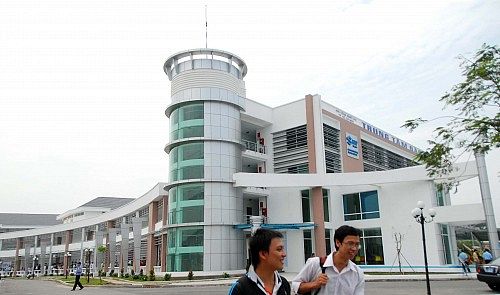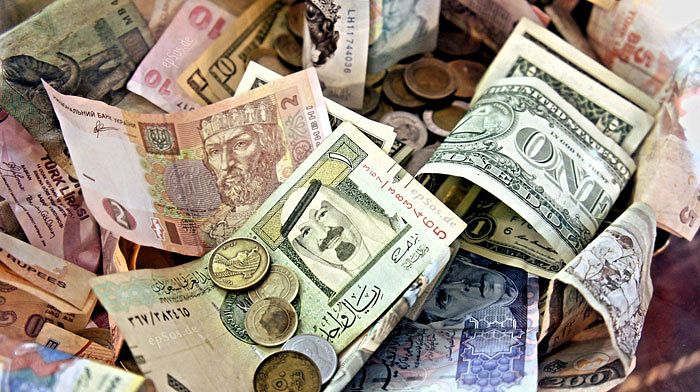While much of the conversation surrounding Vietnam’s largest state-owned companies relates to privatization and removing foreign ownership limits, two of Vietnam's telecommunications giants, FPT and Viettel, have their eyes on massive expansions both at home and abroad.
FPT is leading the charge, hoping to cash in on the effects of the forthcoming Trans-Pacific Partnership (TPP) by stocking up on and training 18,000 new engineers over the next four years, according to Nikkei Asian Review.
To that end, the company just opened a 5.9-hectare complex in Da Nang, where over 2,000 engineers are currently employed.

Rendering of FPT's Da Nang headquarters. Image via FPT.
For FPT, the potential increase in Da Nang staff reflects lower labor costs compared to other Vietnamese cities; workers in the central hub command salaries 20-30% less than their counterparts in Hanoi and Saigon.
If the company is able to recruit as desired, FPT will be in a good position to take advantage of an influx of corporate investments, which increased 120% quarter-on-quarter for the January-March period, good for a total of US$4.03 billion in investments. FPT is aiming to increase its tech contracts from foreign-owned companies by 350% in the 2015–2020 period at a value of US$1 billion.
However Vietnam still has a ways to go before it catches up with its neighbors in the regional IT outsourcing market. Even after a 50% boost in profits between 2010-2015, which saw revenues climb to US$3 billion, the country continues to lag far behind India (US$98 billion) and the Philippines (US$21.3 billion) in market share.
But while FPT is looking within the country, military-run Viettel is looking beyond the border, seeking to carve out a niche in the global telecom market.
Perhaps content with its 52% share in the domestic market, Viettel has already launched services in 10 other emerging nations, including Cambodia and Cameroon, an expansion that has boosted the company’s income from US$2 million per year in 2000 to US$11 billion in 2015.
“We’re a state-owned company, but we work like a private company,” Viettel Group’s Deputy General Director Le Dang Dung told Channel News Asia. This, along with a military-style operation, expertise and access to defense resources has, according to the news website, created a recipe for success.
If all goes as planned, Viettel will expand to 25 nations, covering 800 million potential subscribers by 2020.














